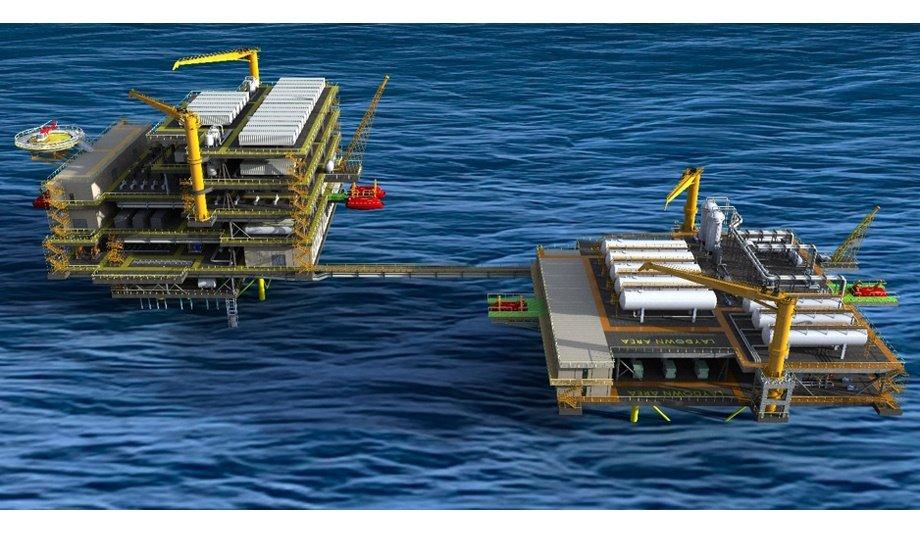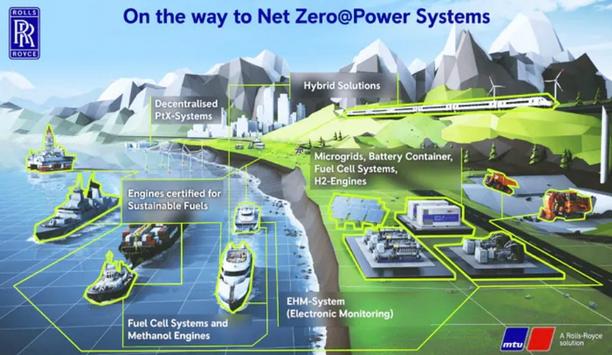An offshore hydrogen and ammonia production platform design from the Korea Research Institute of Ships & Ocean Engineering (KRISO) has received approval in principle (AIP) from ABS.
The design developed by KRISO produces green hydrogen using electricity generated by a wind farm. Among the features, the design consists of a desalination system that desalinates seawater and turns it into clean water, an electrolysis system that produces hydrogen by electrolysing water, a compression system that pressurises the produced hydrogen, a nitrogen generation system that separates nitrogen from the air, and an ammonia synthesis system that produces ammonia by reaction of hydrogen. The ABS AIP focused on the safety and feasibility of the concept.
Worldwide hydrogen economy
Production of hydrogen is critical to the realisation of a worldwide hydrogen economy
“Hydrogen is the golden molecule and will continue to grow as the key component in the worldwide endeavour to build a sustainable energy landscape. Production of hydrogen, particularly green hydrogen derived from renewable sources, is critical to the realisation of a worldwide hydrogen economy."
"With its huge network and experience, the shipping industry is primed to be a cornerstone in this initiative,” said Panos Koutsourakis, ABS Vice President, Global Sustainability.
Marine renewable energy
Keyyong Hong, President of KRISO, said: “The hydrogen and ammonia production platform developed by KRISO can produce hydrogen and ammonia without carbon emissions using marine renewable energy."
"In the future, KRISO will continue to develop sustainable marine energy and eco-friendly ship technologies in order to achieve net zero in the ocean.” ABS offers industry-pioneering services for decarbonisation and sustainability programmes.



